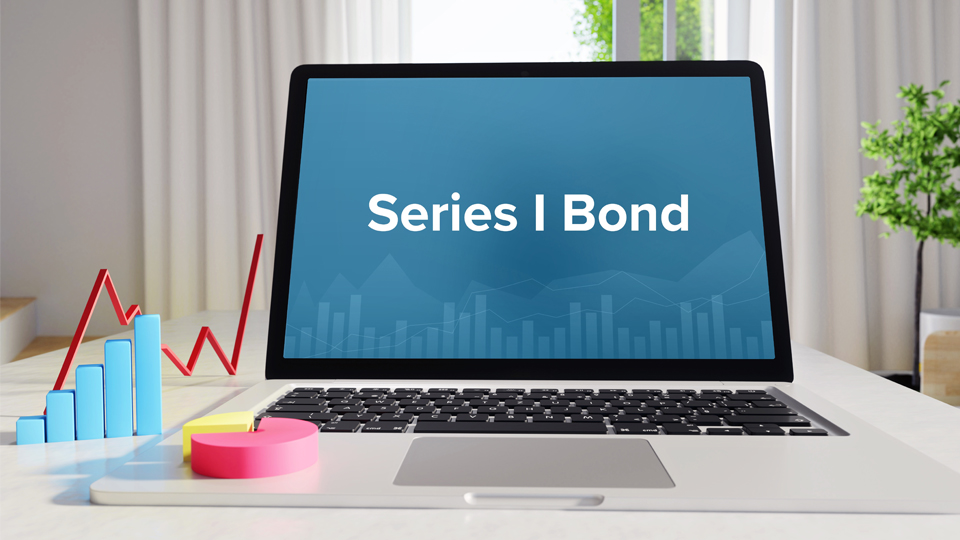Inflation, as measured by the increase in the consumer price index (CPI), is at its highest level in 40 years. Coupled with the recent stock market sell off, many Americans are considering investment opportunities to help protect against both volatility and inflation. Enter Series I savings bonds.
What is an I Bond?
According to the U.S. Treasury, Series I savings bonds, otherwise known as “I bonds” are bonds that earn interest based on combining a fixed rate that stays the same for the life of the bond, and an inflation rate that is set twice a year.” Some of the potential benefits of I bonds are that they are backed by the U.S. government, their value doesn’t go down, and they offer tax benefits. In addition, they provide inflation protection and currently pay 9.62% in interest for the 2022 calendar year (for bonds issued May 2022 through October 2022).
It is important to note that I bonds cannot be purchased through brokerage accounts. If you are interested in buying an I bond, they can only be purchased through the U.S. Treasury Department’s website.
I bonds are a long-term investment, maturing after 30 years, unless sold beforehand. Cash can be redeemed after 365-days of the initial purchase, but investors forfeit the last three months of interest earned if they liquidate their investment within five years. From a tax perspective, investors can defer declaring interest until maturity or cashed out.
Things to Consider – I-Bonds vs TIPS
Treasury Inflation-Protected Securities, or “TIPS,” are another option for investors looking for inflation protection. Like any investment, there are things you need to consider before purchasing either of these securities:
- Interest Rate Changes – While I bonds’ interest rates are adjusted for inflation, TIPS’ principal values are adjusted to reflect the current inflation rate.
- Purchase Limits – With I bonds, there is a $10,000 purchase limit. Investors may purchase an additional $5000 of I bonds through tax refunds. TIPS, on the other hand, have a substantially higher limit and no annual purchase limits.
- Tax situation – Investors who buy I bonds don’t owe taxes on the accrued interest until they sell or the bond matures. However, TIPS holders are liable for federal income tax on interest income and growth of principal.
Make sure to chat with your Southwestern Investment Group advisor to help you determine what’s best for your situation. Also, if you need assistance navigating inflation, check out these best practices.

